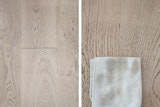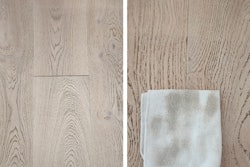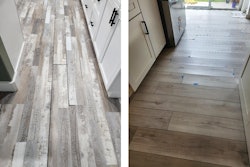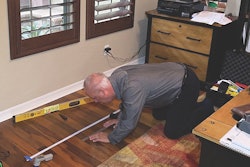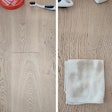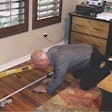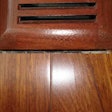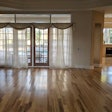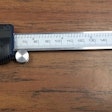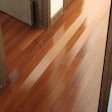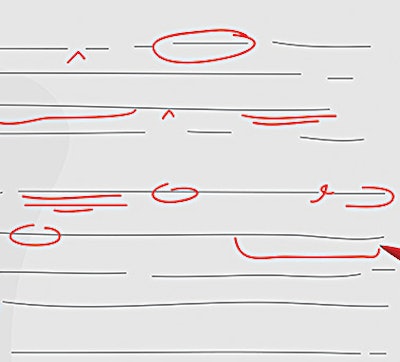
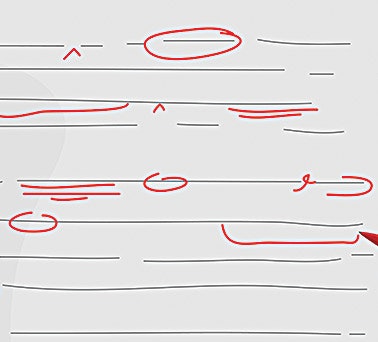 Bad grammar casts doubt on an inspector's competence.
Bad grammar casts doubt on an inspector's competence.
What are the most common problems you see when you review inspection reports?
Brett Miller, vice president of certification and education at the National Wood Flooring Association, answers:
Here are a few common topics that inspectors get themselves in trouble with:
• Forced conclusions. As inspectors, we are hired to find out why the floor is failing. The commissioning parties expect us to give them answers. Many inspection reports fail because the inspector writes a conclusion based on what they "think" or "assume" rather than what their testing validates.
• Reports written to appease the commissioning party. It is difficult to remain unbiased when the person paying for your services may be the cause of the issue being inspected. According to the NWFACP code of conduct No. 3, inspectors must inspect wood flooring in an unbiased manner. "Hired guns" and "headhunters" are out there and cause our industry hundreds of thousands of dollars every year. A good inspection report should thoroughly cover the entire issue from start to finish and leave no stone unturned. If the report is written properly, anyone reading it should understand what caused the issue.
• Inadequate testing. All testing conducted in an inspection should support the conclusion—or, rather, the conclusion must be completely supported by all of the testing done at the inspection. Many inspectors feel they are running adequate tests, but then jump to a conclusion without anything to stand on. Many tests will involve destruction. A destructive test could include anything from using a pin-type moisture meter to removing baseboards to removing flooring and/or subflooring material. Sometimes all of these are necessary to find the cause of a problem. Any time these destructive tests are utilized, written permission is necessary.
• Misspelling and bad grammar. So many inspection reports come across with misspelled words, improper grammar and poor punctuation. This raises a huge flag regarding the competency of the inspector. If you don't even have the time or desire to run spell-check on your report, you likely weren't thorough in your investigation of finding the cause of the issue.
• Doing inspections for "inspection service companies." The Standards of Professional Conduct No. 4 states "to issue inspection reports only on flooring I personally have inspected and for which I have collected data." This specifically means any report submitted by a third-party inspection service is not recognized nor certified by NWFACP. Any inspector collecting data or working for one of these certification agencies must understand that they are working outside of the NWFA Certified Professionals program.









